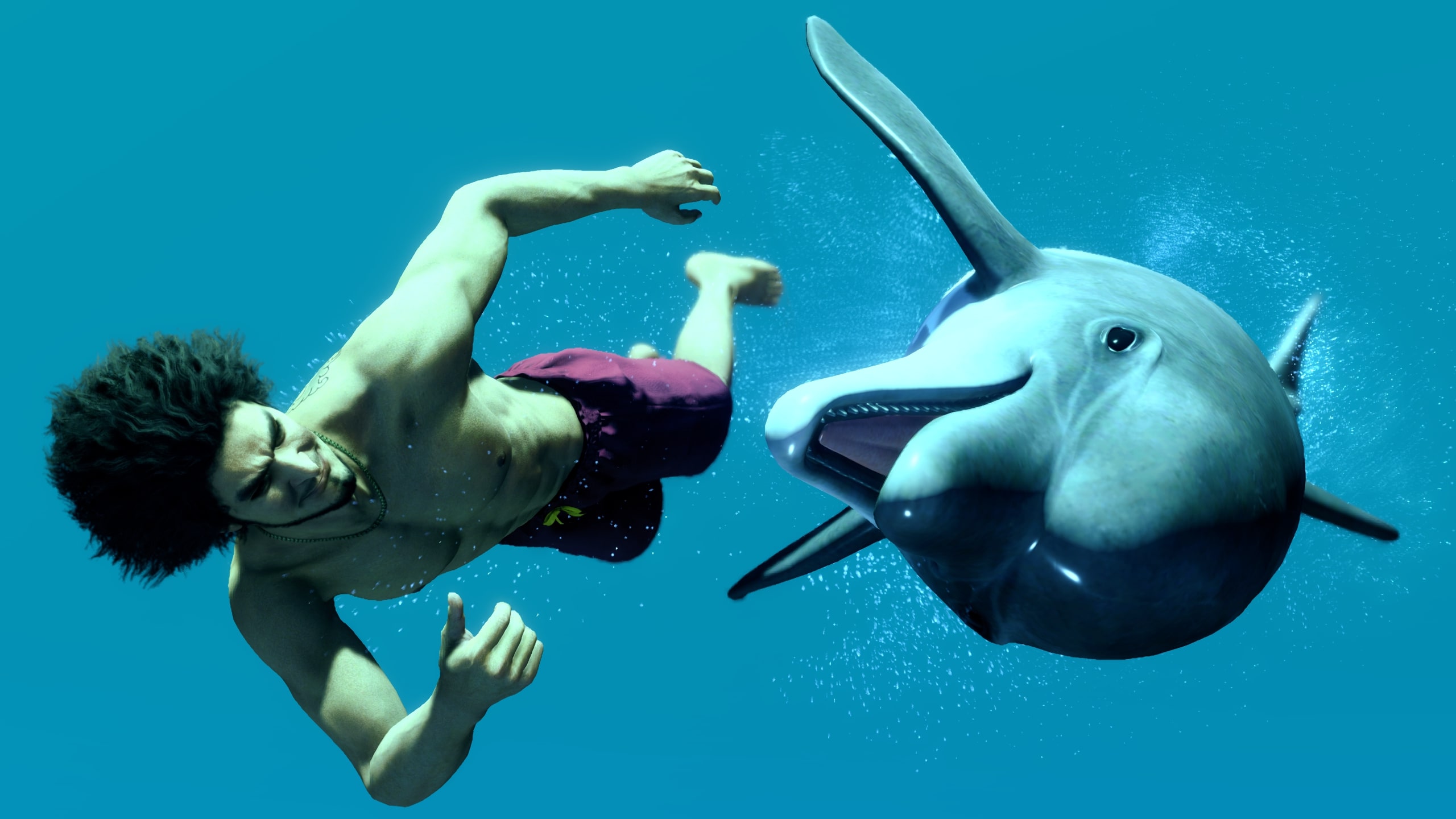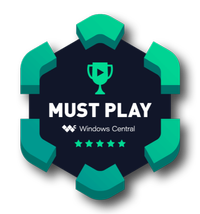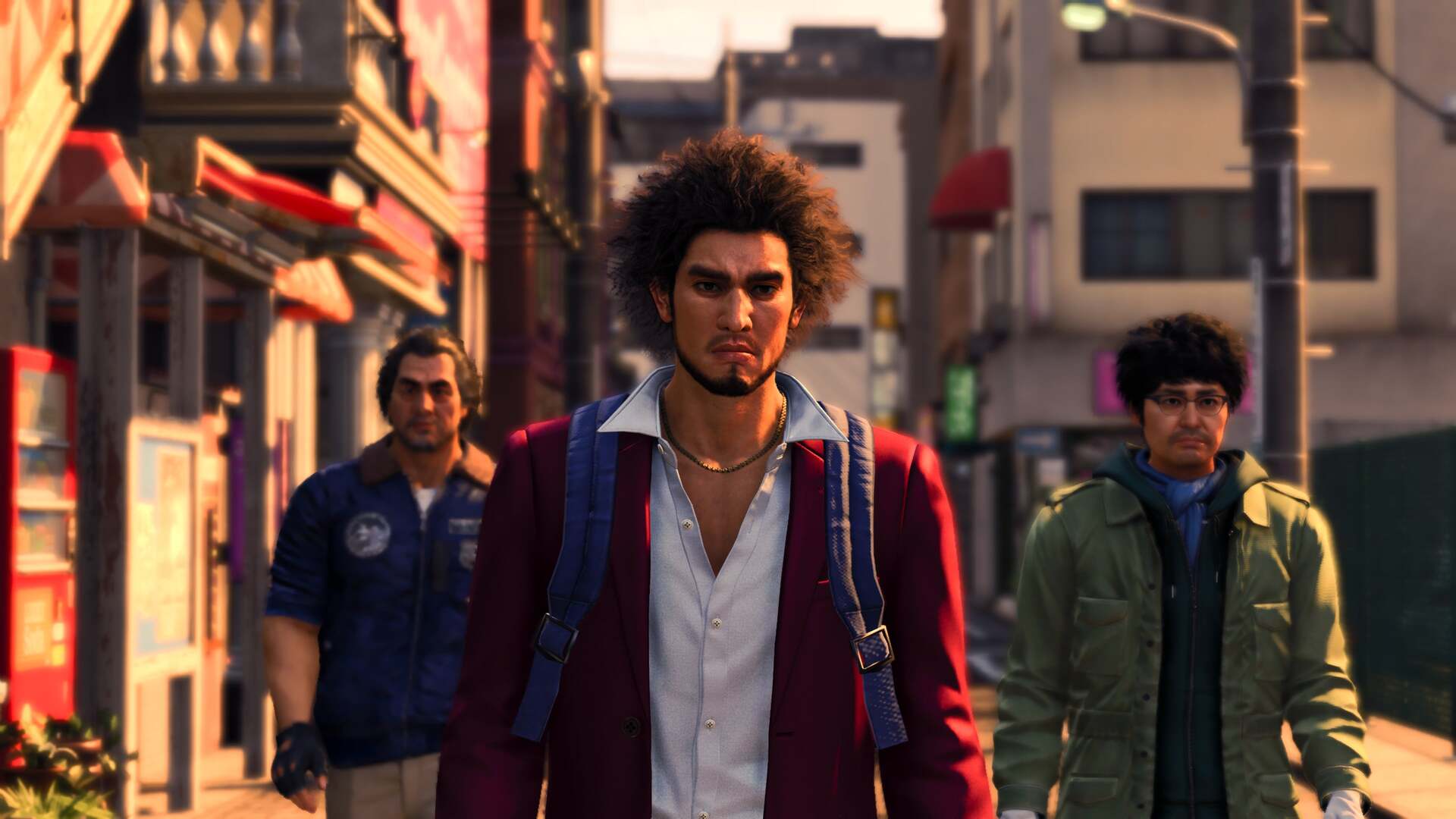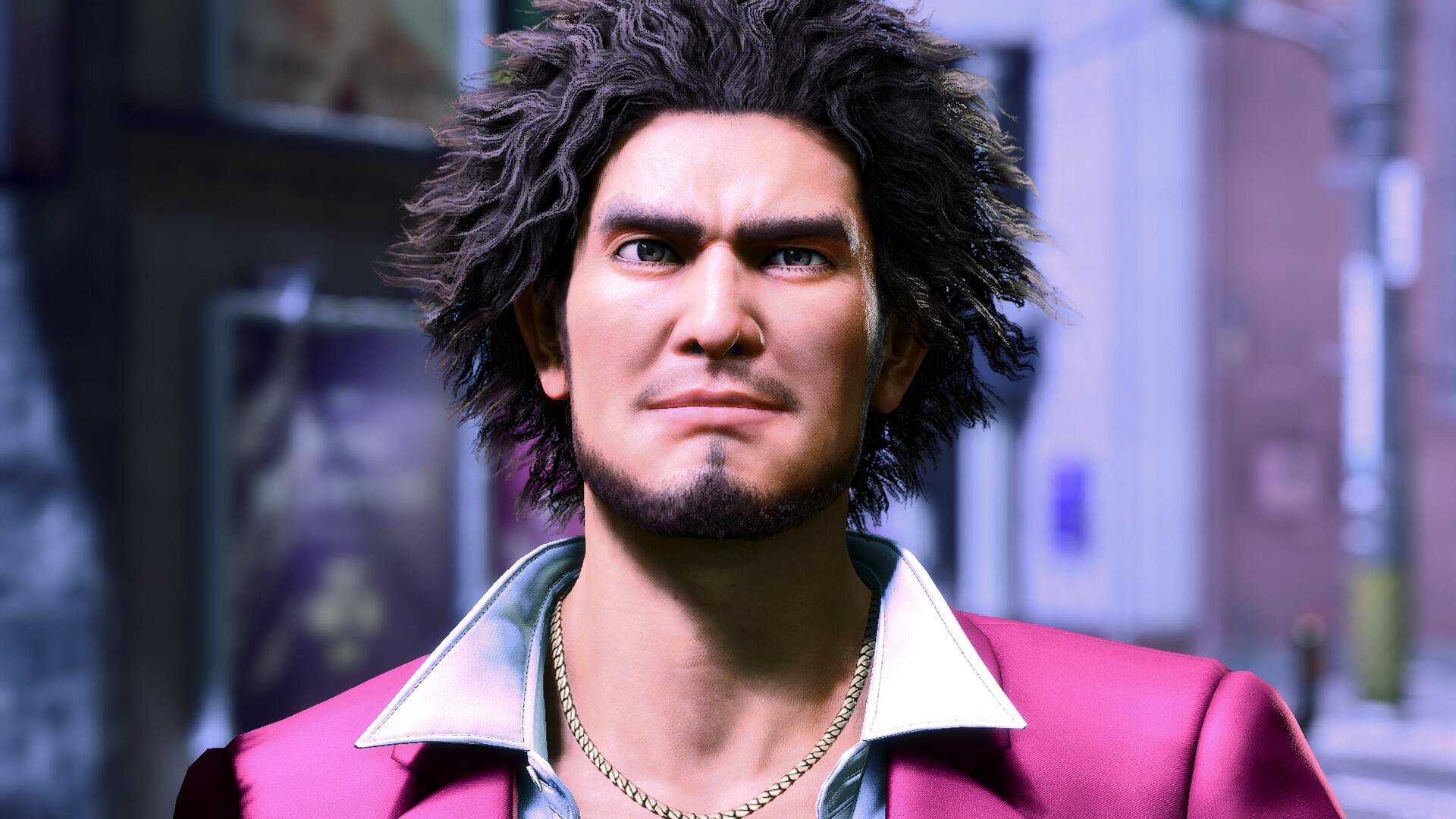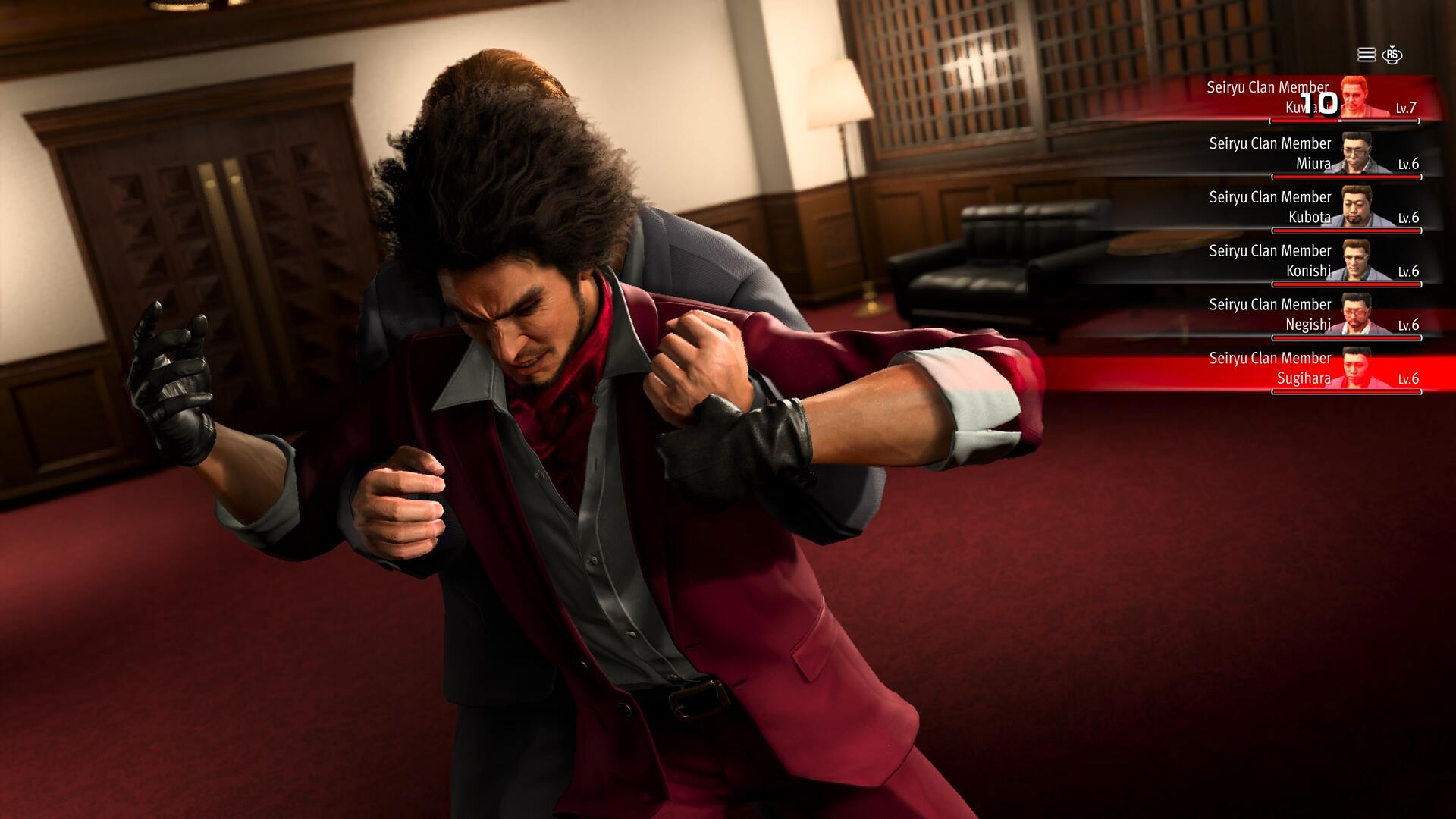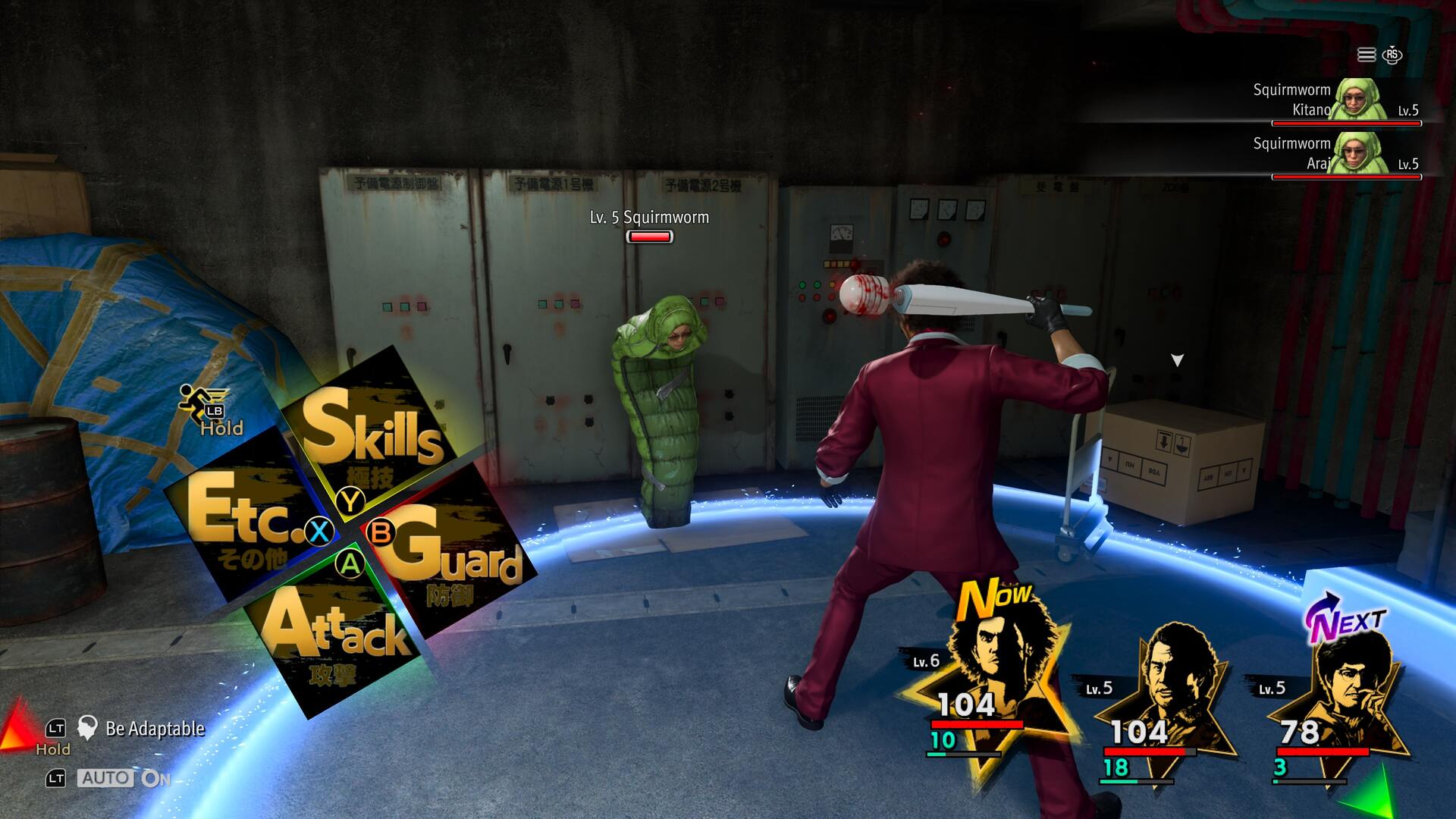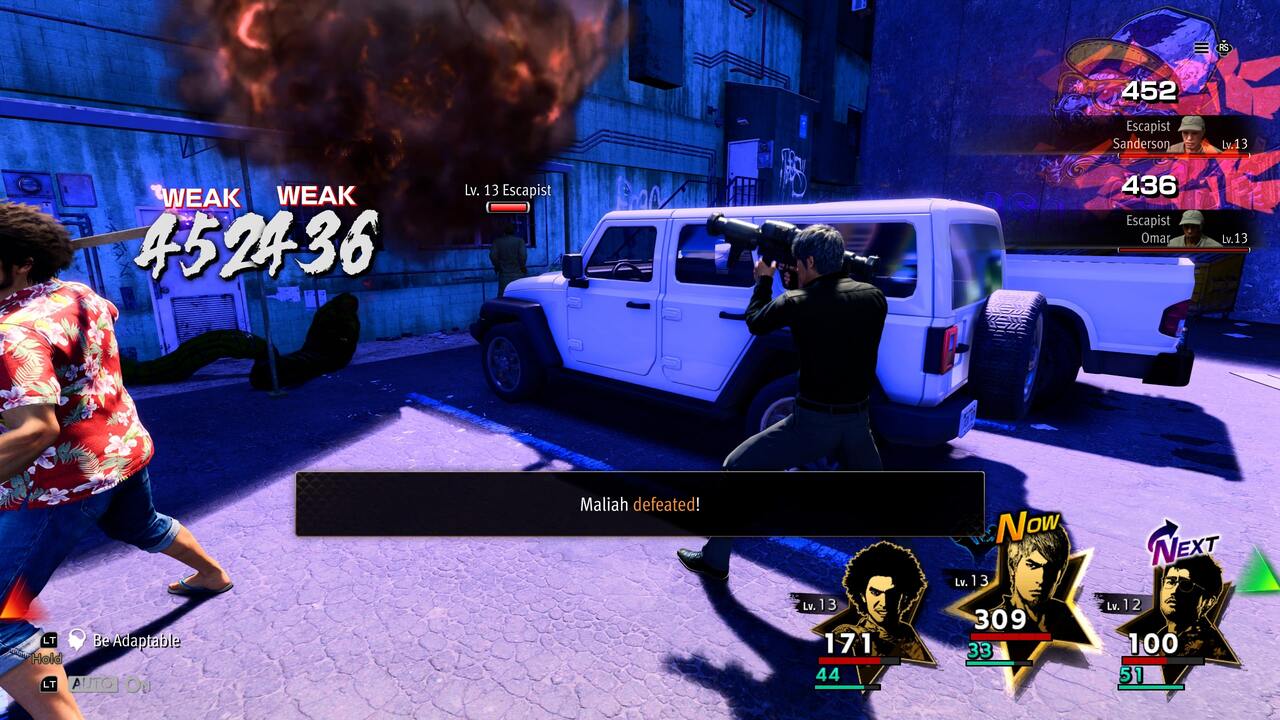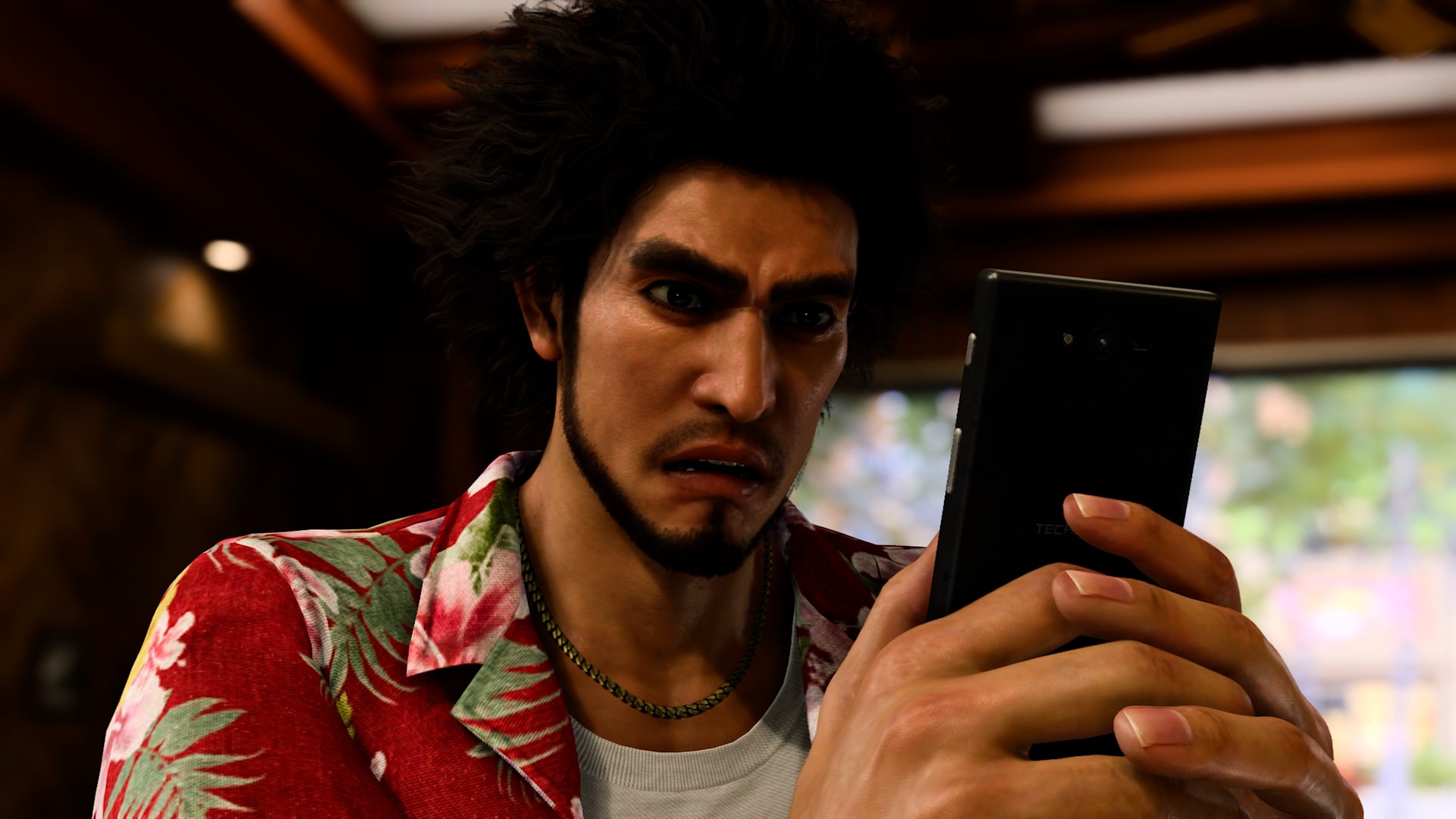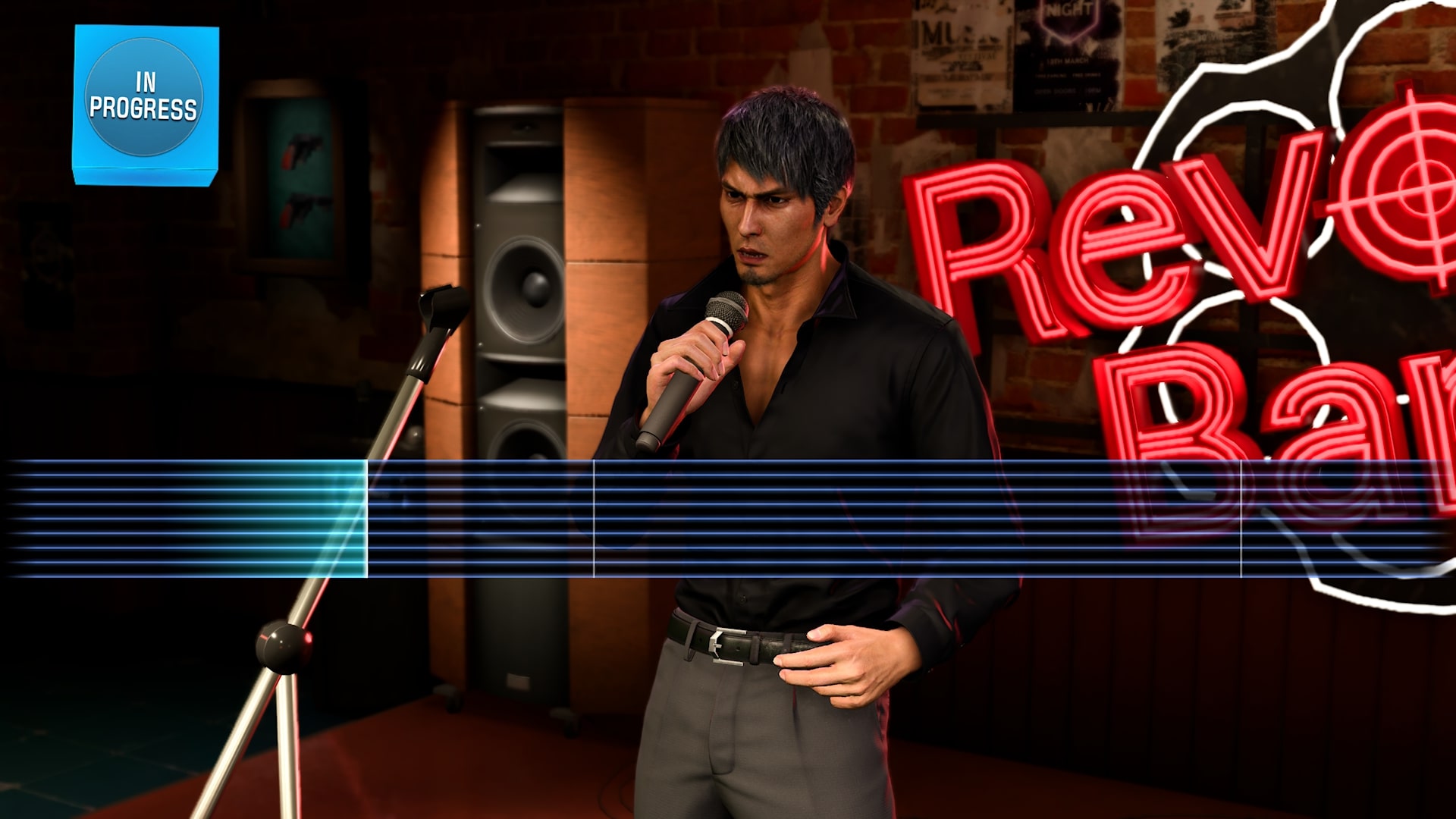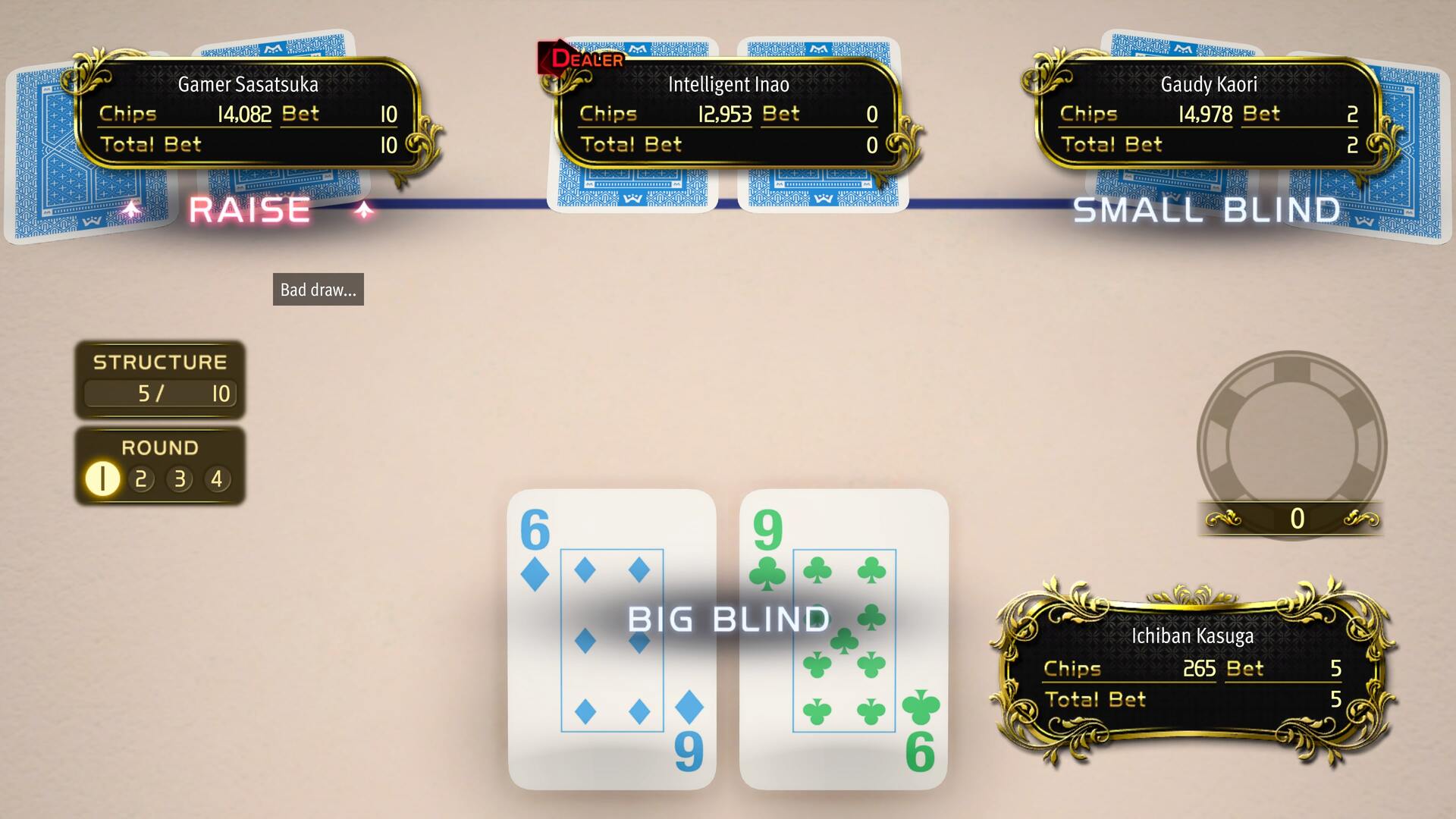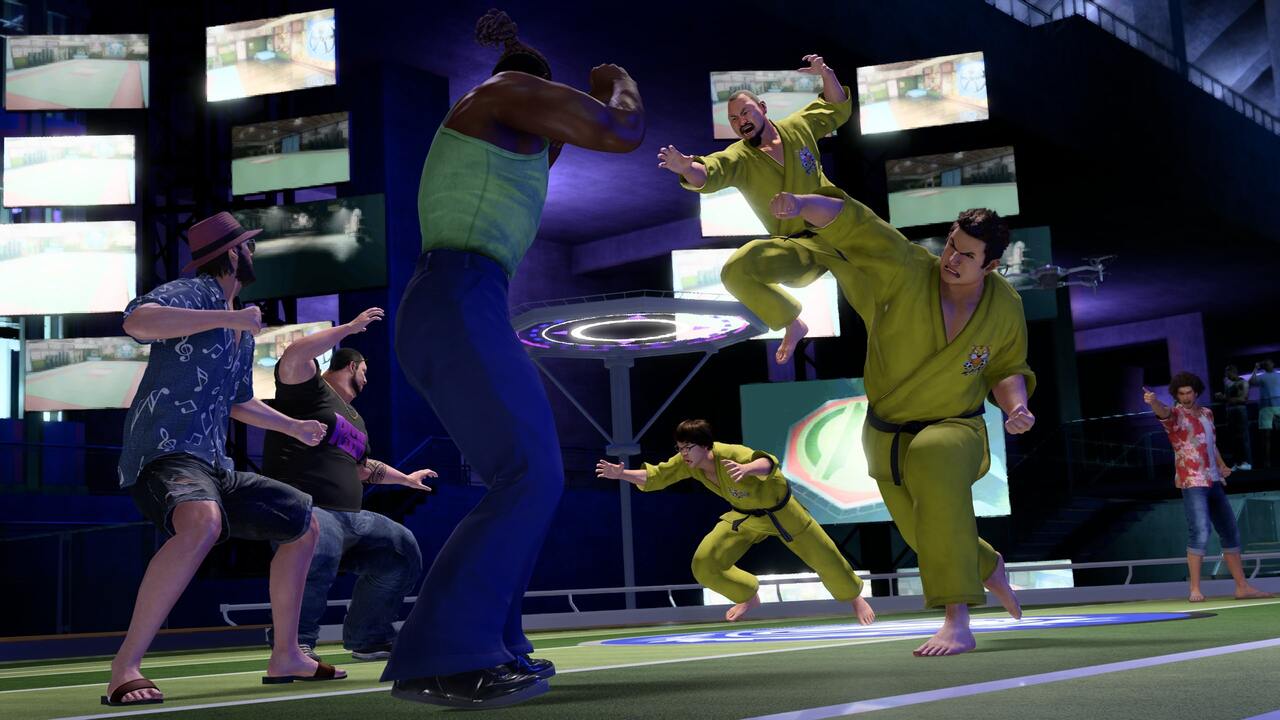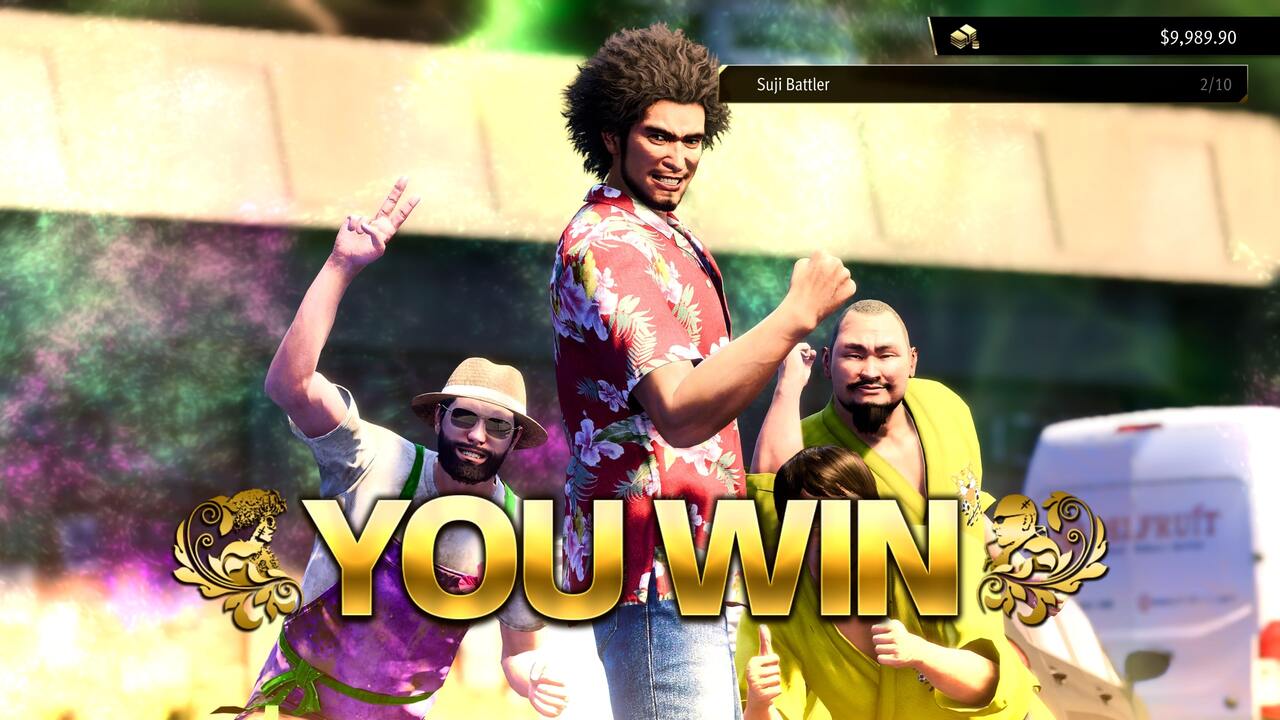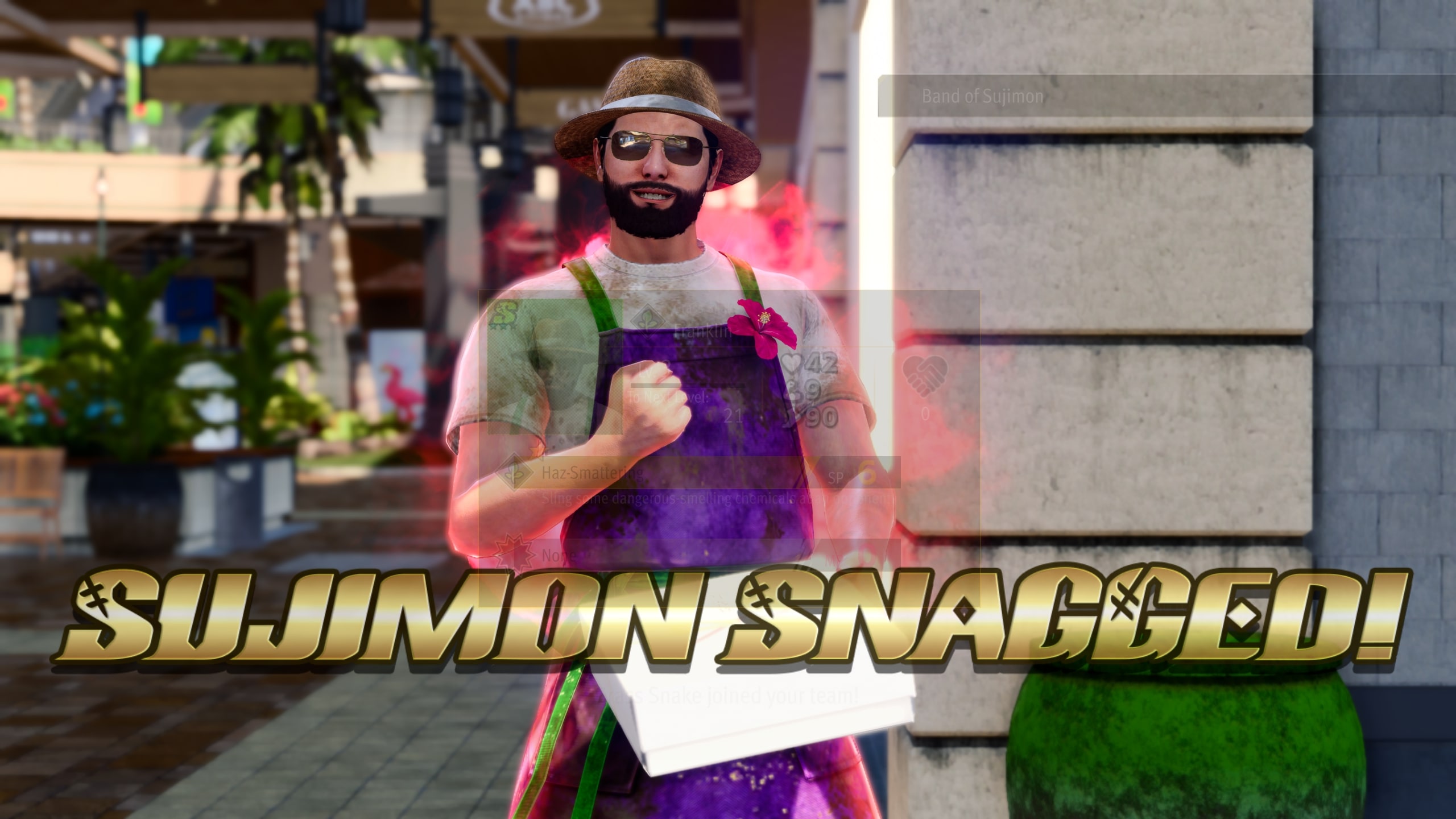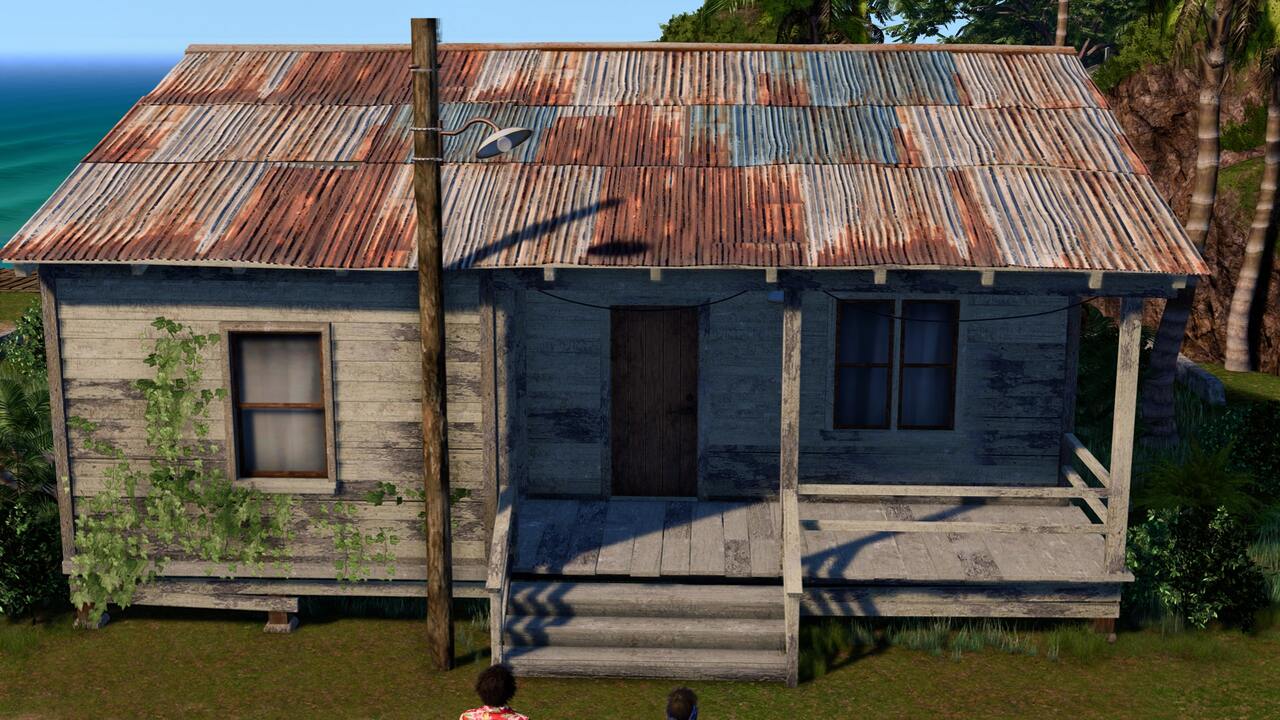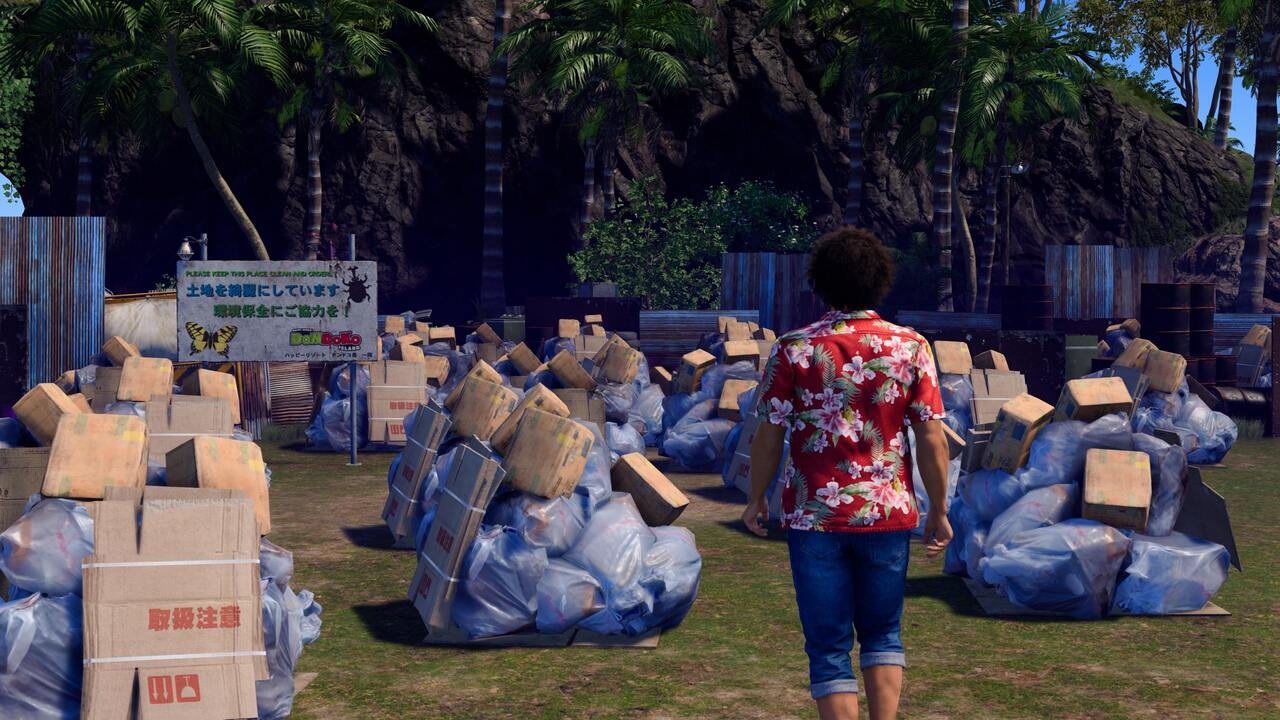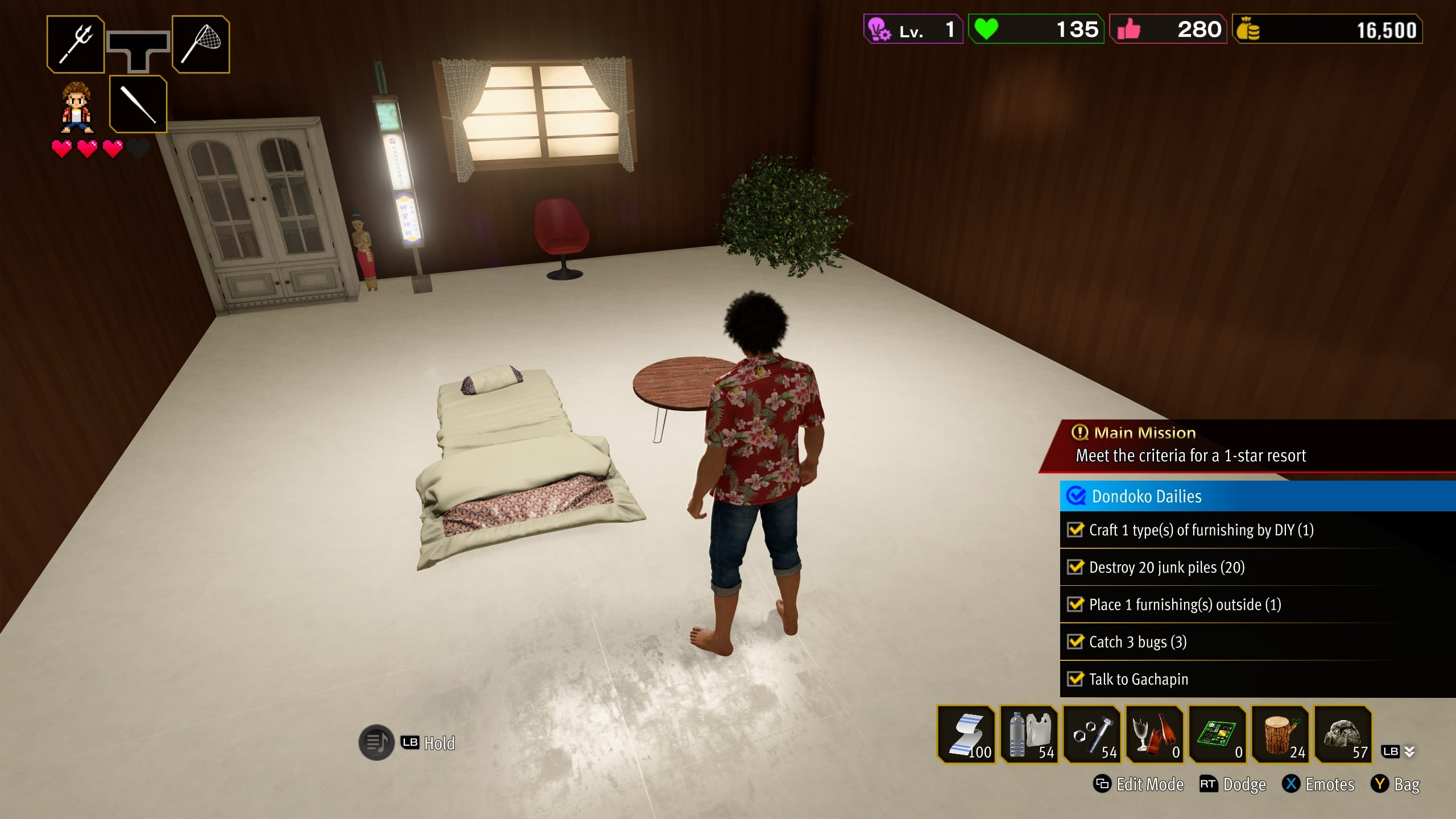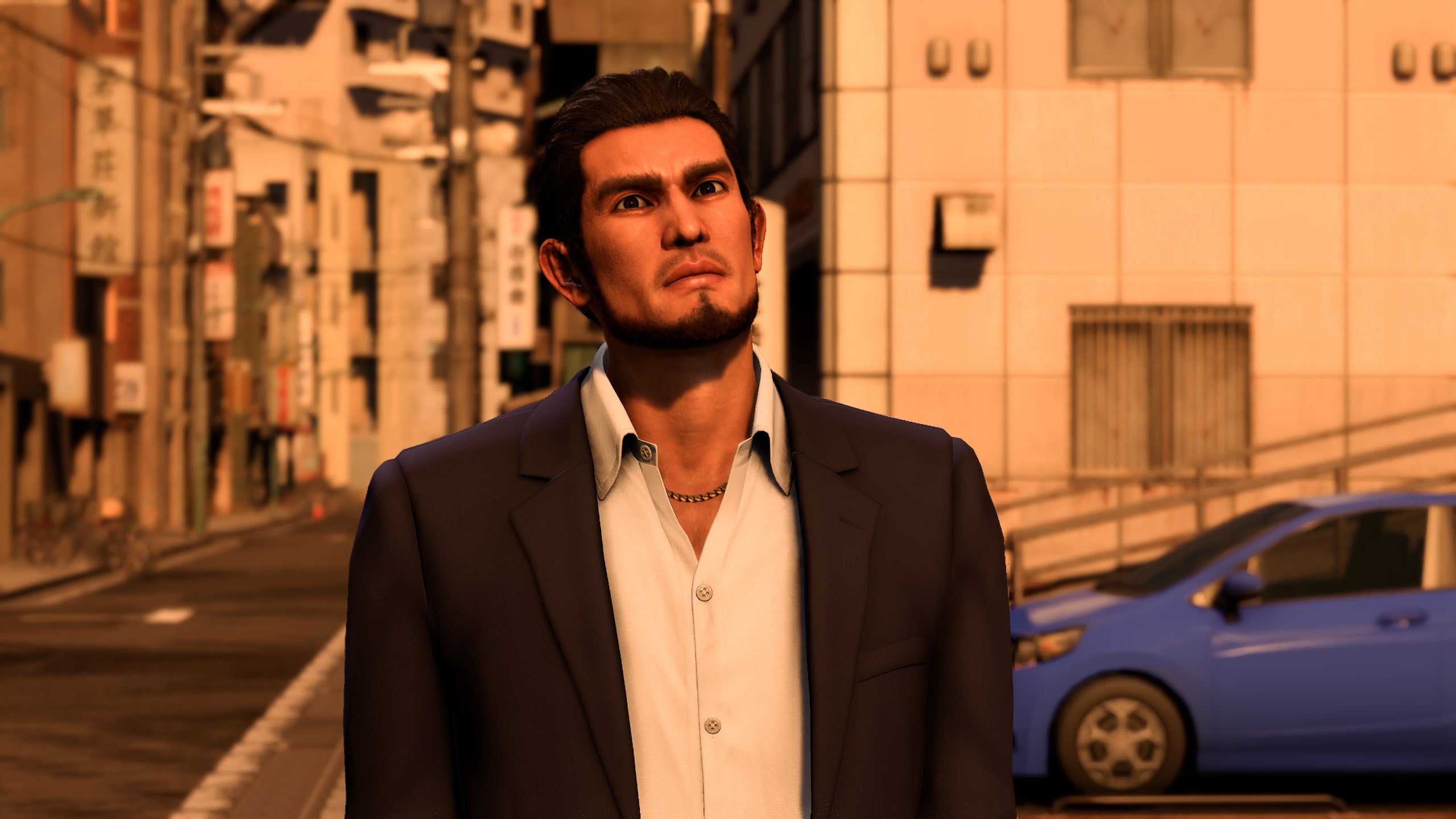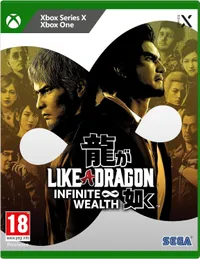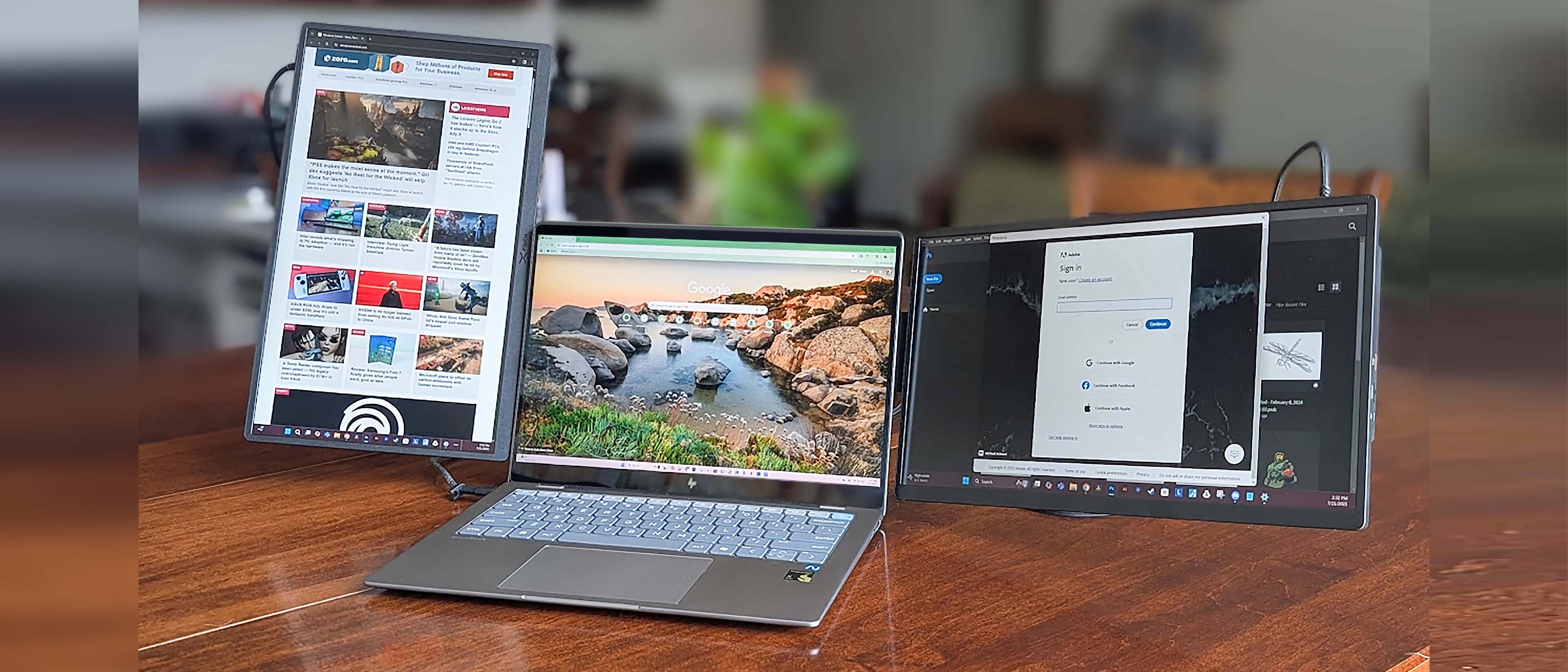Windows Central Verdict
The welcome return of the mainline entries to the series Infinite Wealth delivers an almost infinite amount of content on top of a story that only gets spicier as the game progresses. Ichiban Kasuga and Kazuma Kiryu make a dream pairing worth every penny.
Pros
- +
Terrific storyline
- +
In-depth side activities
- +
A never-ending stream of things to do
Cons
- -
Graphics are still lackluster in some areas
- -
A jack-of-all-trades but a master of none
Why you can trust Windows Central
Like a Dragon: Infinite Wealth is the latest installment of the formerly named Yakuza series, which followed the characters Ichiban Kasuga and Kazuma Kiryu in their various games. Known for its crazy stories and wilder side activities, Infinite Wealth isn't looking to take a break from this formula.
In fact, it doubles down in ways that make sense and are downright incredible. Ryu Ga Gotoku Studio is at it once more, and fans of the franchise are in for a treat when it comes to Like a Dragon: Infinite Wealth as a contender for one of the best Xbox games in 2024.
This review was made possible with a code provided by Sega.
The Story
Price: $69.99 at Microsoft (Xbox) | $69.99 at Steam (PC)
Release date: Jan. 24th, 2024
Developer: Ryu Ga Gotoku Studio
Publisher: SEGA
Genre: Action-Adventure
Players: Single-player
Install size: 78 GB
Playtime: 30+ hours
Platforms: Xbox Series X|S, Xbox One, Windows PC, PlayStation 5, PlayStation 4
Xbox Game Pass: Yes
Reviewed on: Xbox Series X|S and PC
Picking up where things left off in Yakuza: Like a Dragon and bolstered by the events of Like a Dragon Gaiden: The Man Who Erased His Name, the story follows the former protagonist, Ichiban Kasuga. A man who covered for his former clan and spent 18 years in prison to do so.
After returning from prison, he discovers that his former leader and father figure, Masumi Arakawa, has disbanded the Tojo clan entirely. He's also become a higher-ranking member of a rival clan, the Omi Alliance. All of this comes to a head when it's discovered throughout Yakuza: Like a Dragon, Arakawa was working to dissolve the more prominent Yakuza factions in what the two former games and Infinite Wealth dub the "Great Dissolution."
These events lead directly into the start of the game, where the player finds Kasuga diligently working to locate work for former Yakuza members. Old faces emerge, and you meet former allies in Yu Nanba and Koichi Adachi. After several triumphs and setbacks befall Kasuga and one hell of a twist that seems perfect for the series, events eventually lead him on a journey of self-discovery that lands him in Hawaii.
Along the way, he crosses paths with the fabled Dragon of Dojima, Kazuma Kiryu. In Like a Dragon Gaiden: Infinite Wealth, we see Kiryu's perspective as the Great Dissolution is happening around him. After these events, Kiryu is sent on a mission to Hawaii, where the two finally meet only a couple of chapters into the game.
All the latest news, reviews, and guides for Windows and Xbox diehards.
One of the main problems I had with Like a Dragon Gaiden: The Man Who Erased His Name was the story's pacing. It felt like things took too long to get going, as though some of the game featured filler episodes. I'm happy to say it's a whole lot better this time around. Infinite Wealth feels like a complete game compared to Like a Dragon Gaiden.
I won't spoil anymore because I'm quickly learning how fun this series' stories are to experience. You'll catch old faces as often as you come across new ones, and characters become allies and enemies just as randomly as ever.
Combat
The combat in this game is something else but in a good way. At first, it was a hard departure from what I played in Like a Dragon Gaiden. Flipping the live-action combat for something turn-based handled funny to me. It wasn't until more party members came in, other jobs started to unlock, and support abilities became necessary to use that it all clicked.
Most of the characters handle similarly, with single-target attacks alongside wide-sweeping blows. Some abilities carry elemental damage, while others boost or provide healing skills for you and your team. Even weapons can be adorned with various effects that can paralyze, stun, create enemy weaknesses to cold, and more. Carefully placed attacks will land hits on multiple foes, or you can chain attacks with your allies.
Kiryu is the one that has an additional layer added on top of everything else. His specialty lies in being able to use multiple forms of attack, similar to Like a Dragon Gaiden. The player is given the option to swap between three variations that boil down to power, speed, and a balance between the two. Where power can break a hostile's guard, speed can quickly finish off one or multiple enemies, allowing Kiryu to knock someone to the floor and then literally kick them while they're down.
The ability to swap and learn new jobs comes later in the game; for me, that later was around 20 hours. I spent so much time doing anything and everything that wasn't story-related that I didn't unlock basic facilities until much later. I wish that had come sooner because of this. I practically felt penalized for spending so much time doing other things, but that's the magnificence of this game.
You can do whatever you want to do. It's your choice.
The game of games
Speaking of doing whatever you want. Want to play Mahjong or Poker, sing karaoke, go to a strip club, or play a version of Tinder? No? Well, maybe you'd fancy delivering food while jumping over office buildings instead.
There are side activities on top of side activities in Infinite Wealth, to the point that I'm positive I haven't tried them all. The ones I have attempted can often be amusing, like that of the delivery service job, where I get to do backflips while playing a mini version of what seems like Crazy Taxi. There can be a few stinkers, though.
Poker, for instance, is Texas Hold'em. The way it's done, though, is a tad quirky, and the AI you play against is as readable as they come. If you want to raise or bet, you're restricted to placing smaller bets of ten at a time. There is no going "all in" either; players can only fold, call, or raise by the specified amount.
These weird rules lead to strange scenarios where you're raising back and forth with the AI at times when you have three of a kind, and the AI has a pair of twos. You can tell the AI gets a pair or a winning hand the moment they bet or start raising after a card is laid down. If you get a ten on the river and the AI bets, I can guarantee they have a ten in their hand.
However, not all mini-games were created equal.
Becoming a Sujimon master
Early in the game, you're approached by some guy who complains about you needing a Sujimon app installed on your phone. The use of this doesn't become fully apparent until a few chapters in when you're suddenly in the middle of a secret underground arena mandating the actions of three people trying to beat the hell out of three others. And it's freaking awesome. Whoever thought of a miniature Pokemon rip-off in a Yakuza game needs a beefy raise.
The Sujimon are people with different abilities, costumes, and rarities. They are incredibly complex in how they're handled. Fire, water, and grass-type Sujimon exist, meaning certain Sujimon are stronger or weaker than one another. They can attack from different angles, swap positions, or switch out with someone not on the battlefield. It's Pokemon.
You can buy some form of rare candy to help level them up and get them to the point where you can even evolve them. You can evolve your human Sujimon. I repeat, they have evolutions.
This is a side activity that can be completely ignored and forgotten about. Sure, there are general reminders around town as you play with icons popping up, but you don't need to touch these. The ability to play this side game doesn't even happen until you're multiple chapters in. That's wild to me.
Your main goal is to defeat a version of the Elite Four that goes by a different name, but I call them the Elite Four for simplicity's sake. I'll say it once more, Sujimon is freaking awesome.
Dondoko Island
Speaking of side activities that can be ignored entirely, which are overly complex, welcome to Dondoko Island. I don't even care if this isn't original content at this point; the crazy people recreated a version of Animal Crossing in Yakuza. Complete with a house that the player can decorate with random crap.
Dondoko Island is introduced when the player is knocked out on the beach after saving a turtle. Waking up, they find themselves in a battle between a resort owner and some gang that uses the island to dump their trash. All of this culminates in Kasuga going all-out hero mode and promising to help rebuild the island and protect the resort from this gang.
You do very similar activities to those in Animal Crossing: breaking down rocks, chopping trees, collecting items on the beach, and even fishing. These items can be used to create DIY furniture or sold at the store for a profit. There's even a little discount section at the store where you can buy furniture pieces for much less than full price.
My home started with a bed, a window, a light, a wardrobe, and shrubbery. It was beautiful- everything a former member of the Yakuza could need when trying to rebuild a resort. It's the place players go at the end of their day to recover health and stamina so they can wake up and do it all over again the next day. Pure love went into the creation of this mode, and it shows.
How does it all look?
Graphically, Infinite Wealth fairs better than The Man Who Erased His Name. The latter was acceptable in its own right, being a $50 title filled to the brim with content. Infinite Wealth starts off reusing the same area from Like a Dragon Gaiden, so the difference between the two is more straightforward to compare.
The main difference comes once the player reaches Hawaii. The environment is more detailed, textures are better prepared, and there is far more life to be found in the city. Everything seems to have had more touch-ups done from the beach to the back alleys than the previous areas players found themselves in. Other than that, the difference is minimal, if nil. However, no one is playing these titles for a graphical showcase.
Like a Dragon: Infinite Wealth - Final Thoughts
You should play this if...
✅You enjoy the Yakuza/Like a Dragon series, or if you want something new to try
I said this for Like a Dragon Gaiden as well, but it holds true for this game as well. Infinite Wealth is simply the better version of Gaiden for $20 more.
✅ You enjoy side activies
They never really end. If you were to put 2 or 3 hours into every side activity in this game, you'd probably have more playtime than most other single-player games by themselves.
You should not play this if...
❌ You don't like the Jack-of-all-Trades
This is truly a master of none type game. While some activities come very close to greatness, if you're hunting for perfection, you won't find it. What you will get, is too much content to even tell.
I don't feel close to finishing this game or being nearly satisfied enough to call it quits. While it started a bit slow, as time progressed, the game began opening up in ways that I may have seen through trailers but never expected to be so wonderfully done. It's been a treat to experience, hiccups and all.
This is my second Yakuza game, and I will likely spend a few weeks here and there throughout the year tackling some of the other titles in the series. Infinite Wealth has convinced me that underneath it all, there's a collection of games that seem to hit every single time.
Like a Dragon: Infinite Wealth | $69.99
The welcome return of the mainline entries to the series, Infinite Wealth delivers and almost infinite amount of content on top of a story that only gets spicier as the game progresses. Ichiban Kasuga and Kazuma Kiryu make for a dream pairing that's worth every penny.
See at: Xbox | Steam | Amazon | Best Buy | Walmart

Michael has been gaming since he was five when his mother first bought a Super Nintendo from Blockbuster. Having written for a now-defunct website in the past, he's joined Windows Central as a contributor to spreading his 30+ years of love for gaming with everyone he can. His favorites include Red Dead Redemption, all the way to the controversial Dark Souls 2.
